Tommy Fox had precious little formal education, but he was a determined, self-taught student for almost all of his 103 years.
The eldest of four sons of Fred and Stella Fox, Tommy grew up on a farm near Elkland in Webster County. He shouldered chores from a young age, and learned a tough life lesson when he suffered the loss of his mother shortly before his 9th birthday.
“He just had an 8th grade education, but he was one of the smartest men you could ever meet,” says granddaughter Debbie Strohm. “He was a quiet-spoken guy, but we learned so much from him. My husband is an engineer, and he just marvels about how much my grandpa knew. He could fix anything.”
Tommy’s son, Harold Fox, reels off a list of his dad’s skills and accomplishments, including working at the Frisco Railway shops; building the Springfield house that served as the family home for more than a half-century; pursuing an interest in electronics; raising a bountiful vegetable garden and harvesting honey from backyard beehives; teaching himself to play the harmonica; and more.
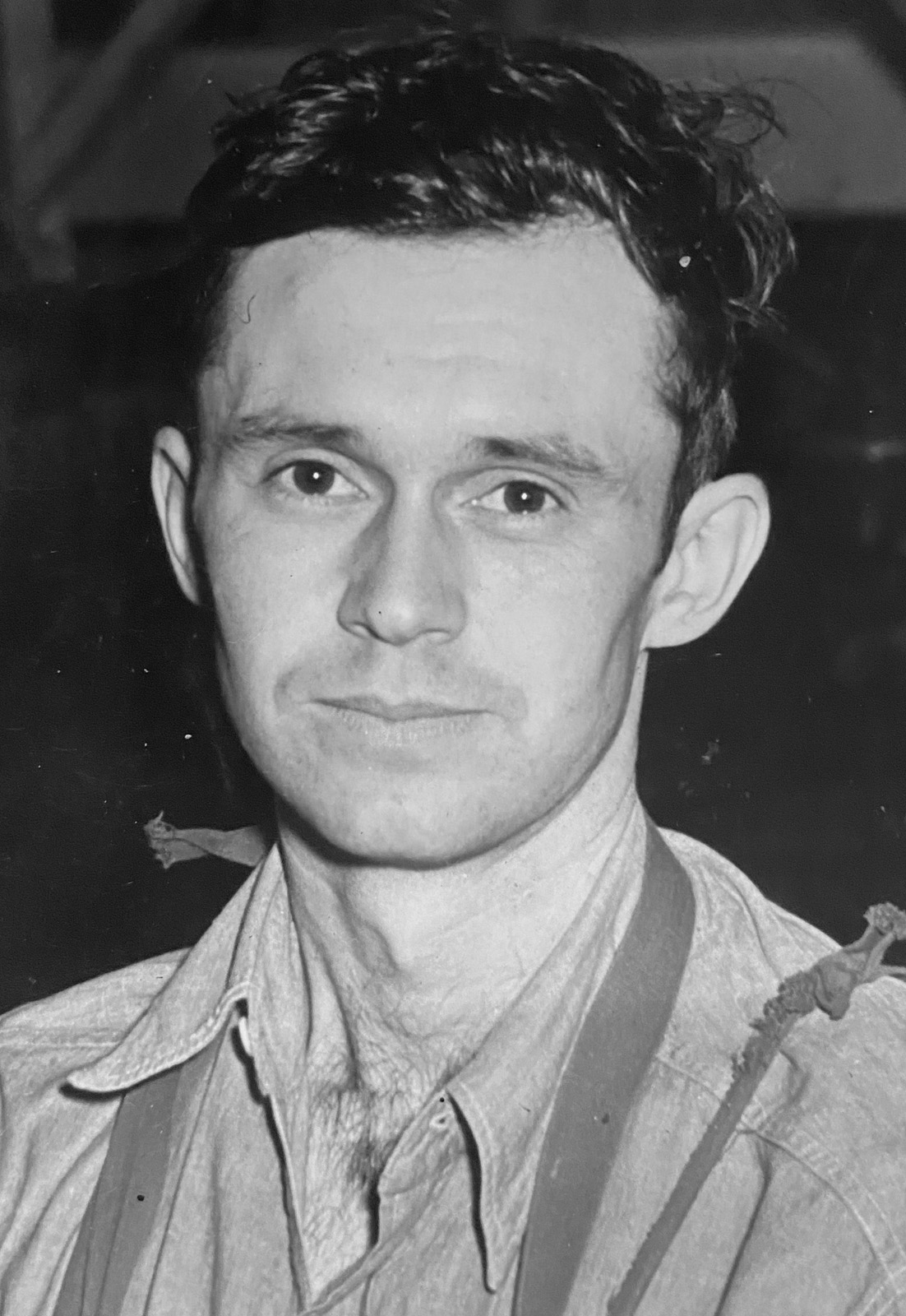
“He went to work for the Frisco as a pipefitter in the early 1940s,” says Harold. “He worked on the steam engine that’s on display in Grant Beach Park back when it still was in service. But he got laid off after World War II when the railroad was converting from steam to diesel power.”
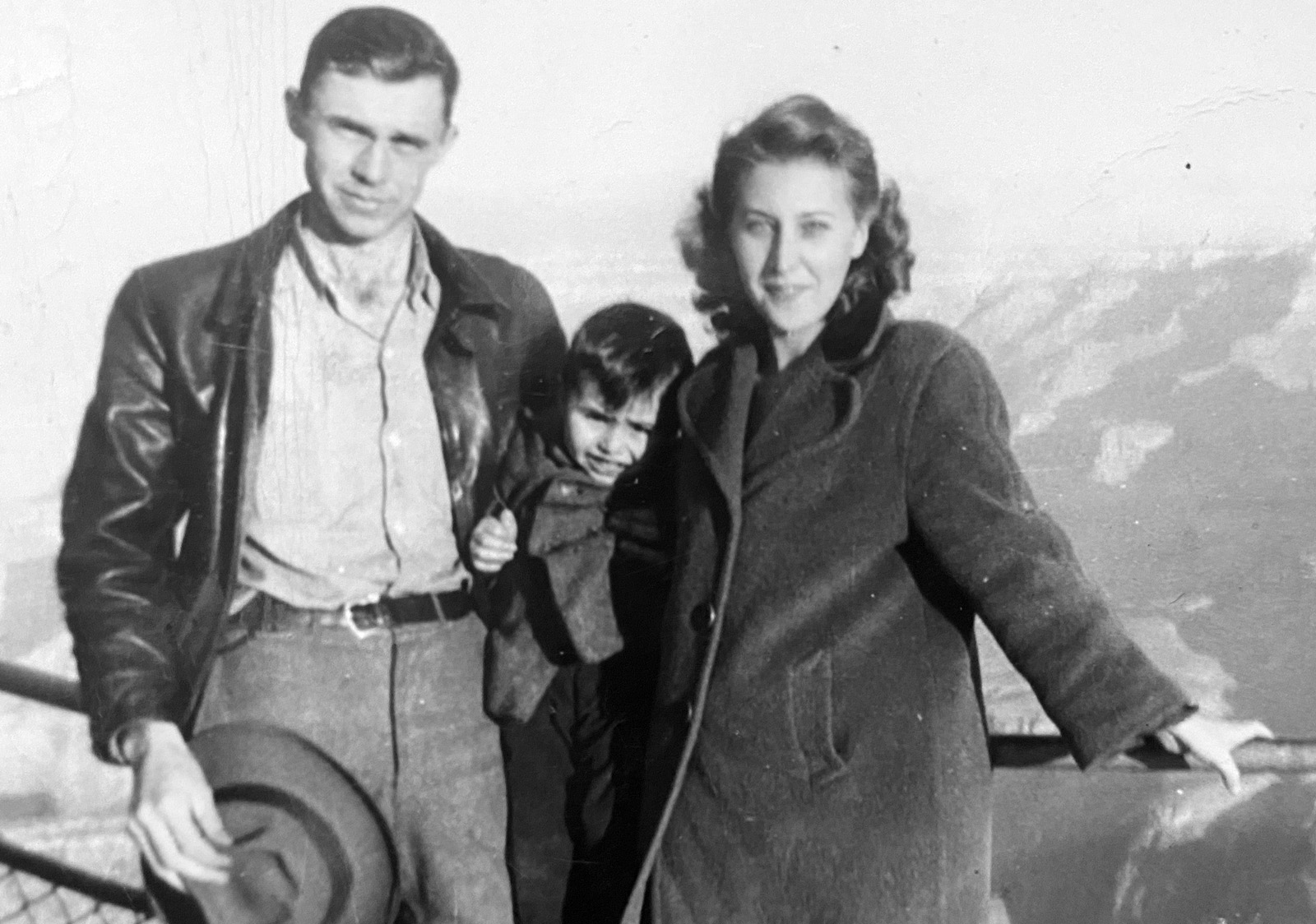
Tommy had begun his own family by then, having married the former Margy Lee Deckard and then adding Harold.
“We went to California in 1948, and Dad worked there at a Lincoln-Mercury plant, sanding new car hoods as they came down the assembly line. He had two minutes to sand each hood.”
In 1953, Tommy was called back to work by the Frisco, so the family returned to Springfield. In the early 1960s, he bought a lot in the 1900 block of East High Street and set about constructing a three-bedroom house on it.
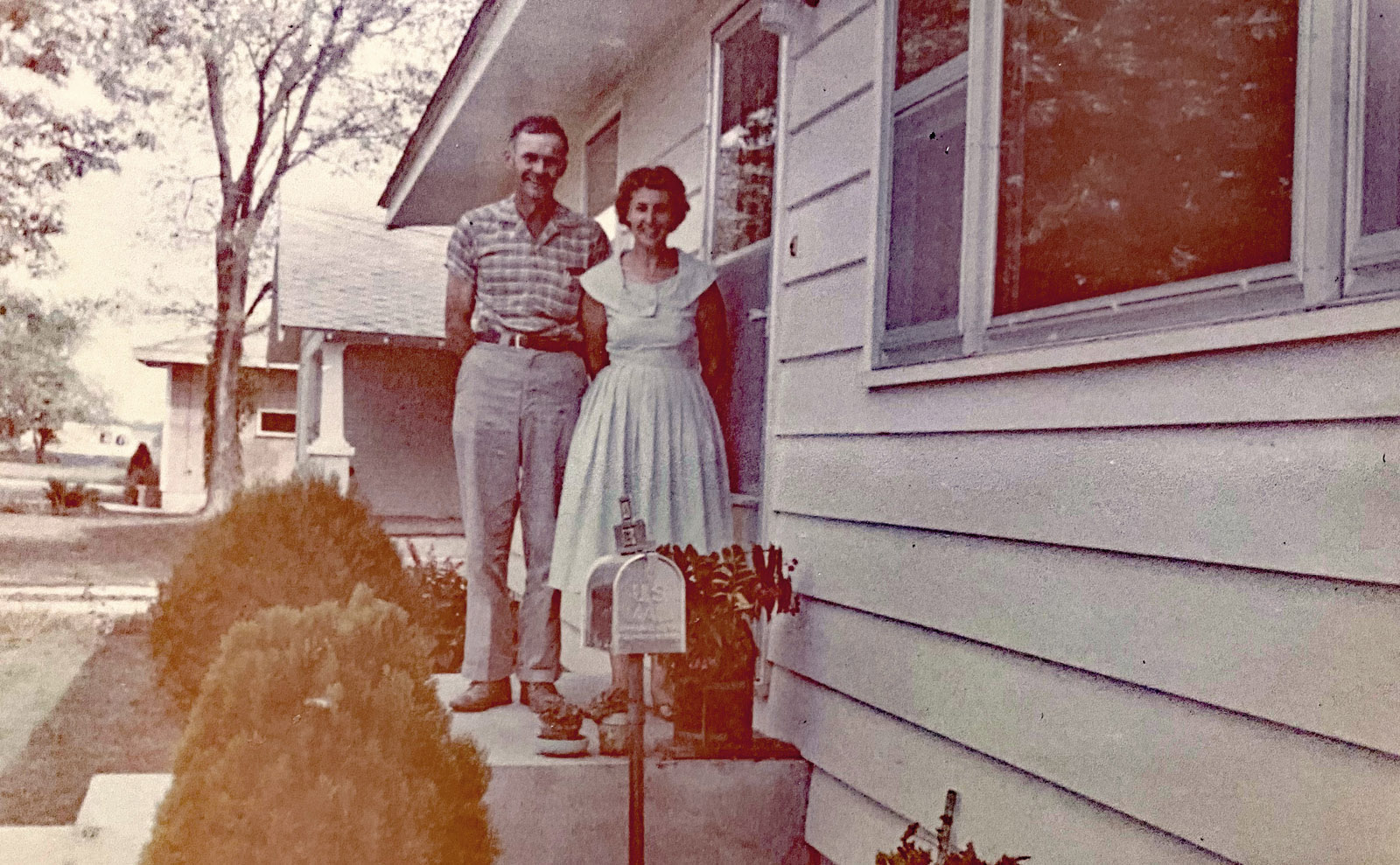
Tommy the homebuilder: ‘He did almost everything himself'
“He did almost everything himself,” says Harold. “He bought a Sears radial-arm saw that I still have, and started in on building. If he didn’t know how to do something, he studied until he’d figured it out. The only thing he didn’t do himself was pour the sidewalks.
“Dad never borrowed money; he paid everything in cash. The only time he had anything close to a loan was he carried a bill at the lumber yard, and he’d pay it once a month. They’d bring lumber out, he’d cull out what he didn’t want, and they’d come and get it. They won’t do that anymore.”
A teen-aged Harold helped his dad install milled cedar siding on the exterior of the house: “He had me caulk behind every piece of siding and on the ends. He used aluminum nails so he wouldn’t have rust spots. He knew what he wanted, and he figured out how to get it.”
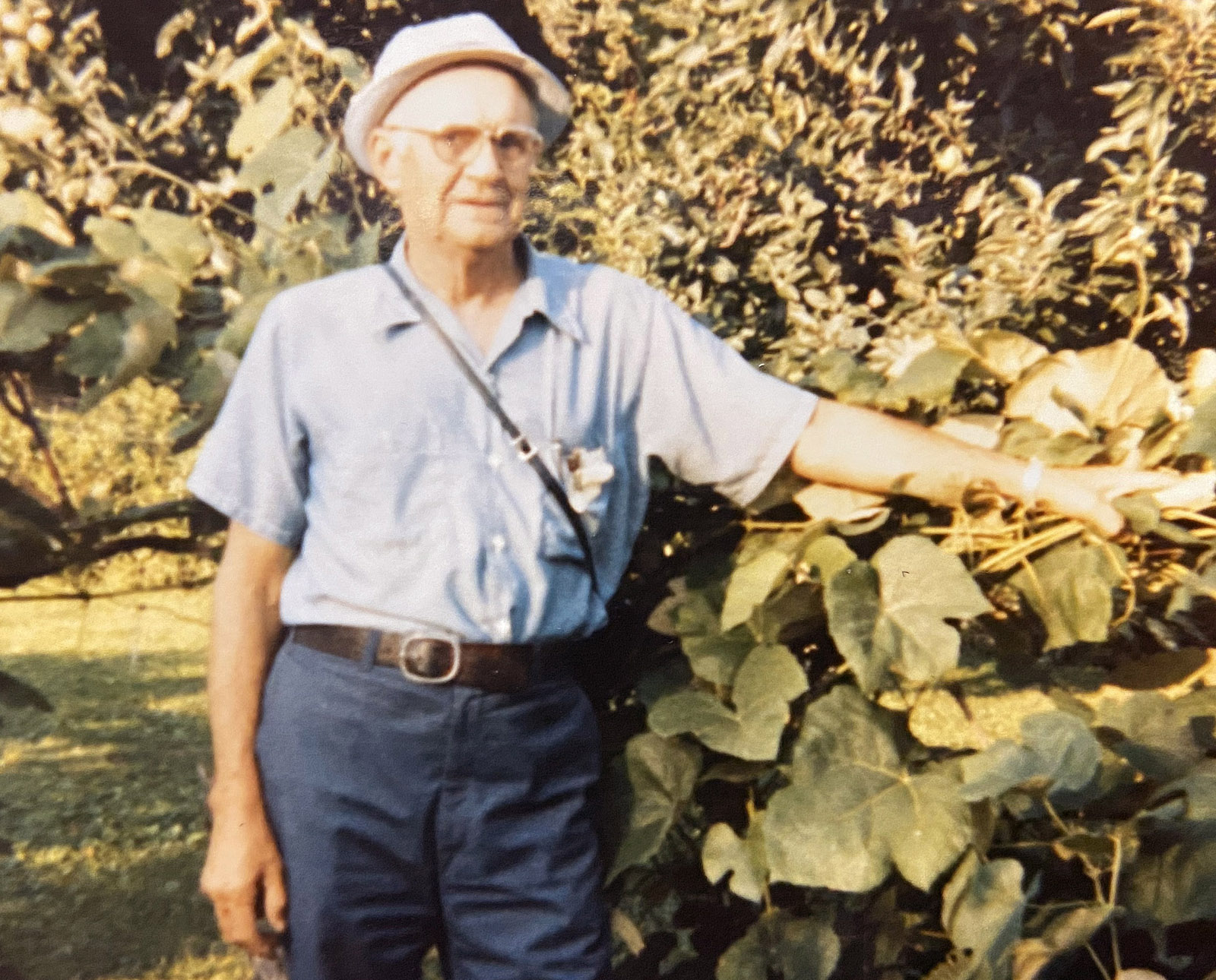
Another example of Tommy’s resourcefulness: “He had a 1950 Ford that got rear-ended at National and Kearney. The damage estimate was about $350. But do you think he’d have somebody else fix it? No, he took a torch and cut out the part that was bent, then went to a salvage yard, got the part, brazed it in, leaded it, sanded it and painted it. He did all that outside in the driveway because we didn’t have a garage at the time.”
As a father: ‘He knew what he was doing'
His father was a good provider for the family, Harold says, and a good role model. “I remember when I was studying the multiplication tables, he sat me down one afternoon and we did them together until I had them memorized. We didn’t quit. ‘No, no, do them again,’ he’d say. He knew what he was doing.”
Harold and Tommy went fishing together, mostly at Fellows Lake. “Right where that arm of the lake goes to the south, we’d go about 100 yards off that point, drop our lines down to the bottom of the lake with worms on, and we’d catch perch as big as your hand — bunches of them.”
Tommy bought a fishing boat that he and Margy used on fishing expeditions to Stockton Lake — towing the boat there on a trailer that Tommy had designed and built himself.
Tommy and Harold both got caught up in the Citizens Band radio hobby. When Harold began to study for Federal Communications Commission exams to qualify for a full-fledged ham radio license, Tommy decided he’d do the same — and wound up earning a higher-class FCC license than Harold by passing a tougher test.
Tommy put up a 50-foot-tall tower behind the High Street house to support antennas that allowed him to chat almost daily via radio with friends around here as well as with a pal who spent winters in Texas.
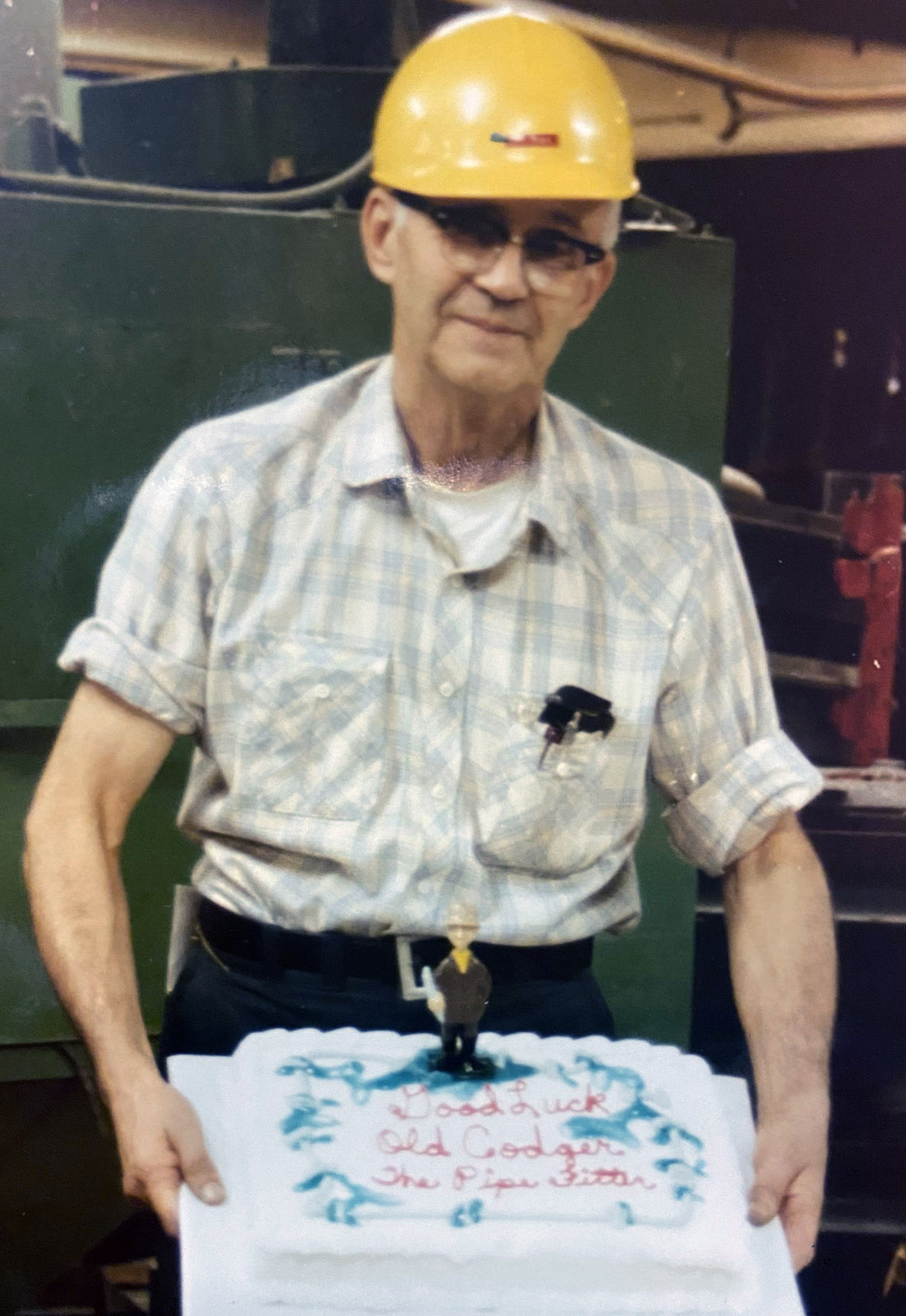
John Jackson, who lives in Strafford and is a ham radio operator, met Tommy on the airwaves several years ago. The two men discovered that they had a link in common — John’s father and grandfather both had worked in the Frisco machine shops with Tommy.
“Tommy asked me their names, and when I told him (Fred and Frank) he said, ‘Why, I knew them!’” Jackson recalls. “So I was accepted into Tommy’s circle of friends.”
Lack of schooling ‘didn't stop him'
Like Tommy’s offspring, Jackson was impressed with his new friend’s self-taught skills and initiative. “Tommy didn’t have much of a school education, but that didn’t stop him. Electronics interested him, and he dug right into it. He’d get that soldering iron in hand and he would build stuff that he needed.”
Tommy took up the harmonica and dabbled a bit on the fiddle. Son Harold bought him some high-quality harmonicas and a fancy case in which to carry and store them. “But he preferred harmonicas like you can get at a Cracker Barrel restaurant,” says Harold, “the $2 and $3 kind, always in the key of C”.
Harold says his dad favored gospel music — “Amazing Grace” and “When the Roll is Called Up Yonder” were two of his favorites.
After Margy died in 1999 after 60 years of marriage, Tommy continued to live in the High Street house until, as he approached his 100th birthday, he moved to the Woodland Manor nursing home.
“Dad would play for the nurses at the nursing home,” says Harold. “I found out from talking with them that he serenaded them with his harmonica. He made quite a hit, I was told.”
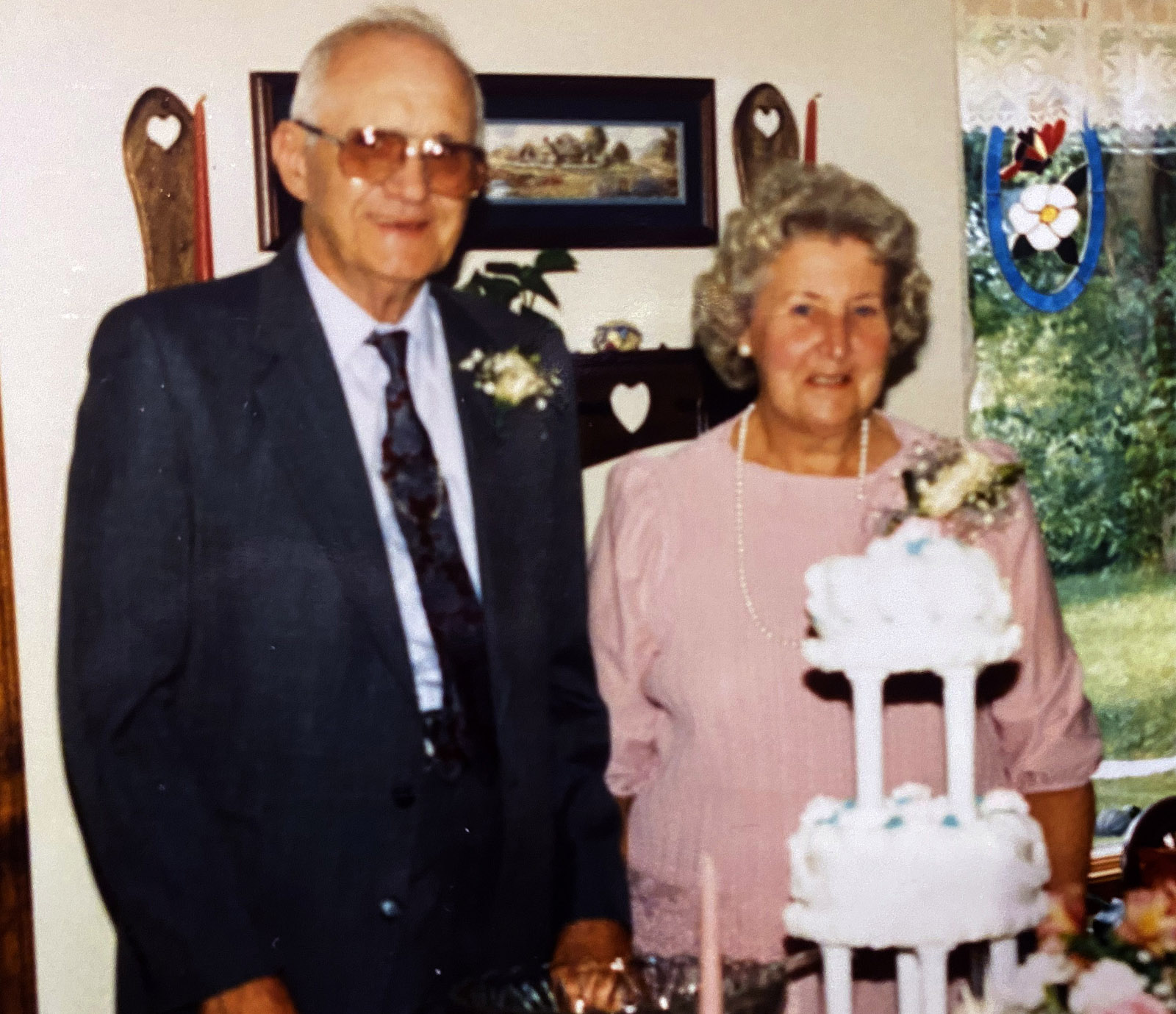
All three of Tommy’s younger brothers — Fred, Clifford and Ivan — preceded him in death. Tommy’s secret to long life in relatively good health?
“I’d say it was him staying busy with work,” says Harold. “And M&Ms. He loved M&Ms — the regular kind, not the ones with peanuts because he had dentures. I’d buy him a 38-ounce bag at Walmart every week. I think he might’ve given some to the widow ladies at the nursing home. But I saw him eat loads of them himself.”
A final message ‘for my last needs'
On the other hand, Harold notes, in his last 10 years of independent living, Tommy wouldn’t eat meals out.
“He’d only eat unprocessed food, and he wouldn’t eat any bread. He loved pinto beans, and he’d pressure-cook a big batch and eat on them all week. Maybe mix a little rice or potatoes in with them. I told him he needed a little fat in his diet, so he’d put one sausage into those beans for the whole week. That was it.”
Ever practical, Tommy left one last message for his family, delivered after he’d died as clothes were being chosen from his closet to be taken to the funeral home. Found in a suit coat pocket was a note, dated Jan. 28, 2002, almost 21 years to the day from when Tommy passed away this January 27.
The note read: “This suit should do for my last needs. I don’t care for the vest I never used.”
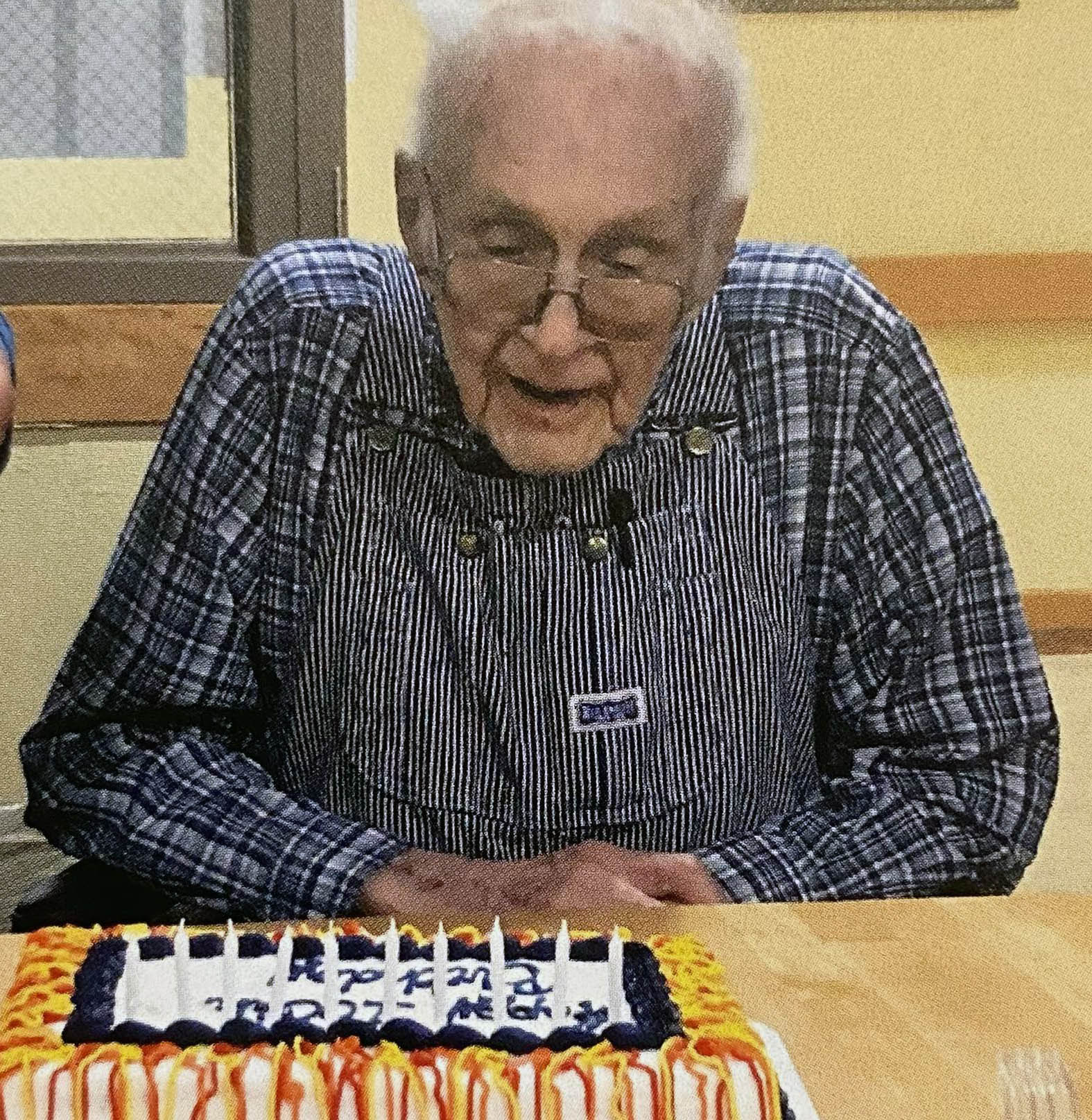
The message was typewritten, but was neatly signed “Tommy F. Fox” in steady handwriting.
Tommy was buried in that suit, Harold says. Without the vest.


